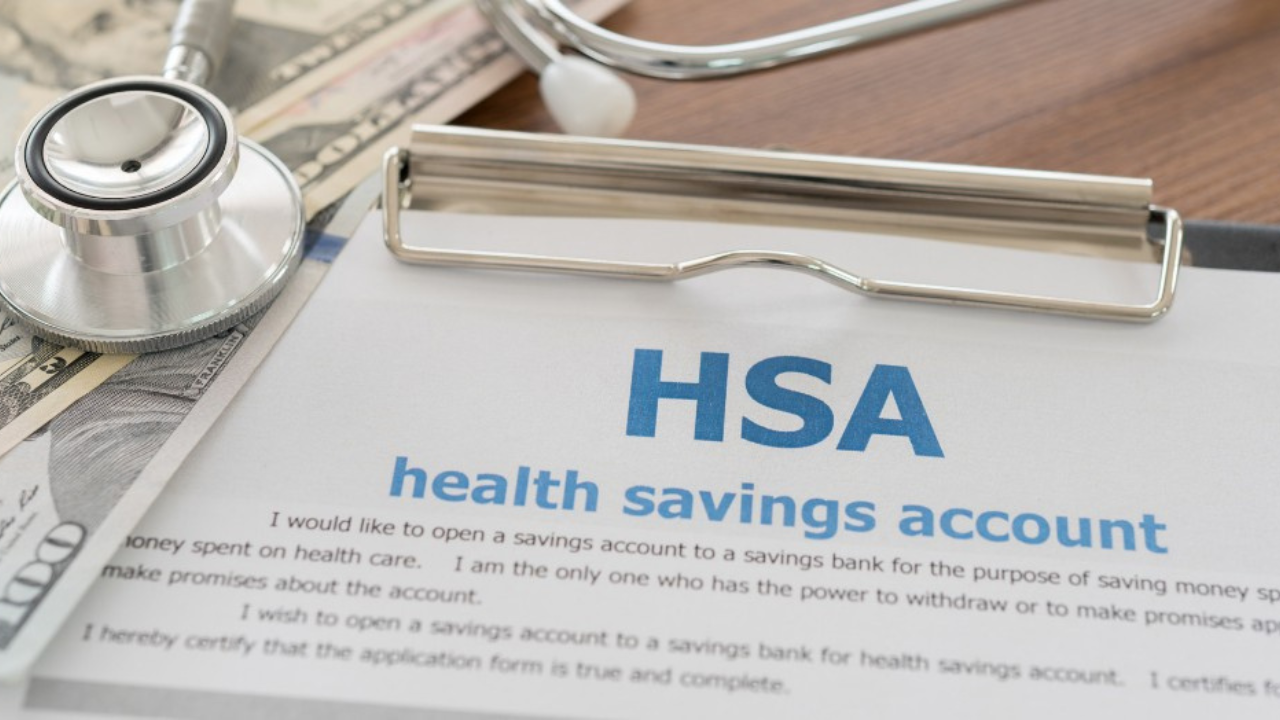Benefits of using a health savings account (HSA)
A health savings account (HSA) is a powerful financial tool that goes beyond traditional health insurance. In this blog, we explore the myriad benefits of incorporating an HSA into your financial planning, offering a holistic approach to healthcare expenses.

Tax Advantages of HSAs :
Dive into the tax benefits that come with contributing to an HSA. From pre-tax contributions to tax-free withdrawals for qualified medical expenses, HSAs offer a unique way to save money while prioritizing your health.
Triple Tax Savings Explained :
Unravel the triple tax savings feature of HSAs, encompassing tax deductions on contributions, tax-free growth of funds, and tax-free withdrawals for qualified medical expenses. This trifecta makes HSAs a powerful tool for long-term financial health.
Control Over Healthcare Expenses :
Discover how having an HSA provides you with greater control and flexibility in managing your healthcare expenses, from medical appointments to prescription medications.

Flexibility in Contributions :
Explore the flexibility HSAs offer in terms of contributions. Unlike some other accounts, you can contribute to your HSA at any time during the year, allowing you to adjust your savings based on your financial situation.
Investment Opportunities with HSAs :
Delve into the investment options within an HSA. Many HSA providers allow you to invest your contributions, potentially growing your savings over time and maximizing the benefits of this versatile account.
Covering Non-Medical Expenses in Retirement :
Examine how HSAs can be used beyond medical expenses in retirement. After the age of 65, funds can be withdrawn for non-medical expenses without penalty, making HSAs a valuable component of retirement planning.
Health and Financial Wellness :
Connect the dots between using an HSA and promoting overall health and financial wellness. HSAs encourage individuals to be proactive about their healthcare, fostering a sense of financial responsibility and well-being.
Employer Contributions and Employee Benefits :
Discuss the potential for employer contributions to HSAs and how this benefit can enhance an employee’s overall compensation package. Employer contributions can provide an additional boost to your HSA savings.
Conclusion
Discover the financial prowess of a health savings account (HSA) with our comprehensive blog. From tax advantages to investment opportunities, learn how an HSA can transform your approach to healthcare expenses. Optimize your financial health with the unique benefits of a health savings account.



